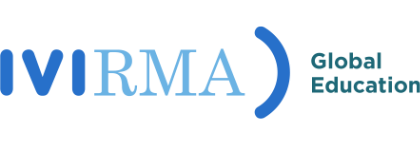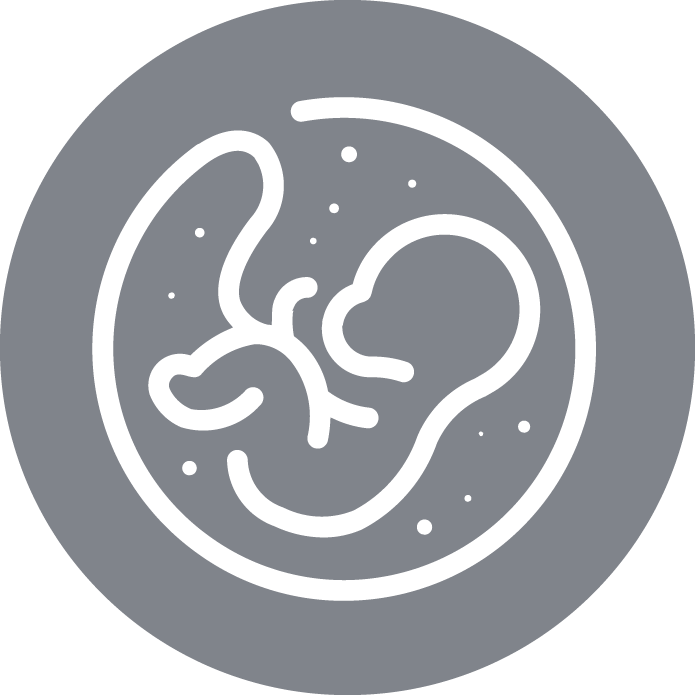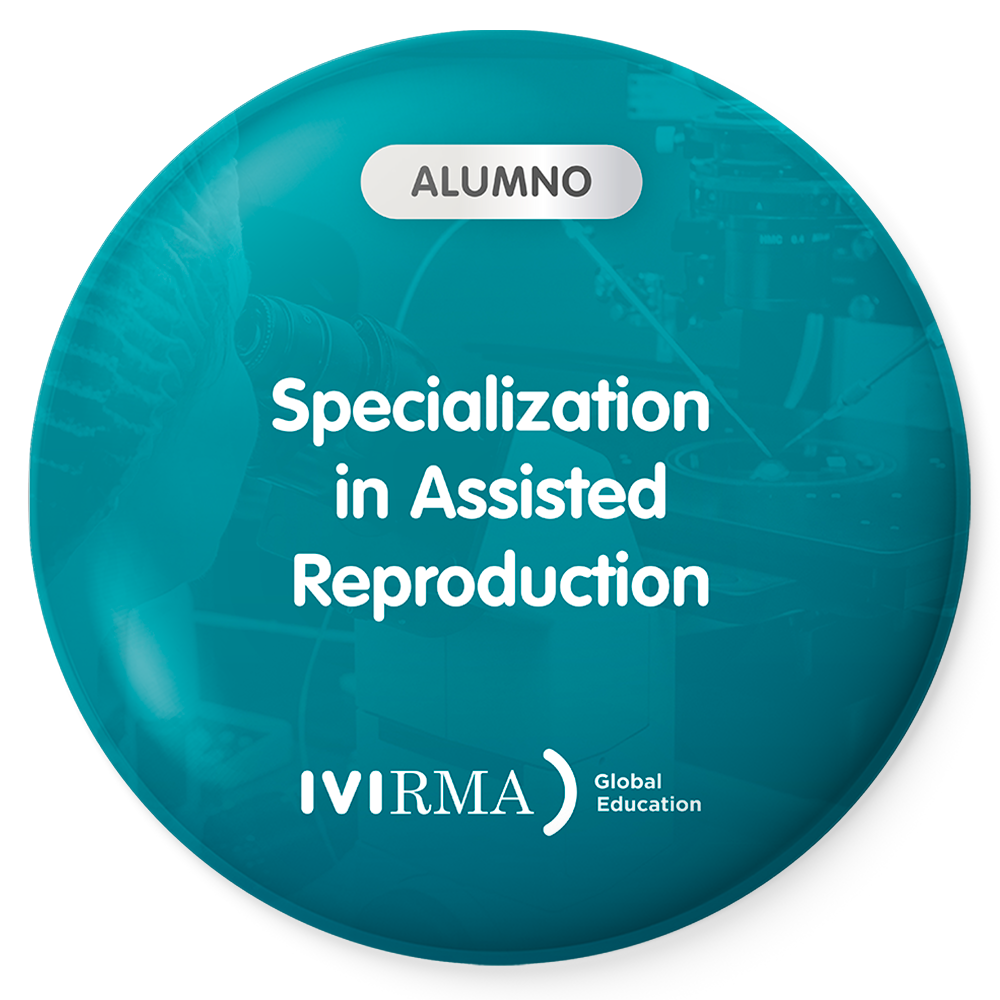Online Course Specialization in Assisted Reproduction
AREA: Gynecology, Assisted Reproduction
LANGUAGE: English
PLACES: 20
STUDENTS: 3/20 (15%)
START DATE & END:
10/09/2024 – 23/01/2025
MODALITY: Online
CENTER: IVIRMA Global Education
10/09/2024 – 23/01/2025
80 theoretical
100% flexible schedule
IVIRMA Campus
595 €
This course is accredited by the European Accreditation Council for Continuing Medical Education (EACCME).Once course is completed you will be awarded with 80 ECMEC´s credits. More information in FAQ´s.
Intended for
Graduates of Biomedical Areas and Health Sciences.
Students and Professionals of Biology, Medicine, Pharmacy, Biochemistry, Biotechnology, Veterinary Medicine, Nursing, Laboratory Technicians, and related areas.
Description
General objective
To update and expand knowledge on reproductive medicine based on already acquired notions about human reproduction and endocrinology
Specific objectives
- To review endocrinology, physiology and anatomy of human reproduction
- To update knowledge on the epidemiology of sterility
- To get to know the current protocol for the basic sterility study
- To review the most relevant pathology in both men and women related to fertility
- To acquire new knowledge about the different ART and their potential complications
- To incorporate guidelines on diagnosis and action protocol on special situations in reproduction
- To provide information on the legal framework in which ART is carried out
Important information:
Did you know that this course is adaptable to mobile devices?
You can access it with a Windows computer (7, 8 or 10), Mac or any mobile device, using Chrome, Firefox, Edge or Safari (three latest versions).
The online course will be carried out through the IVI Education e-learning platform, IVIRMA Campus. The student will receive a message with the access information and credentials 24/48 hours before the start of the course.
To successfully complete the course and obtain the corresponding certificate, the student must obtain a percentage greater than or equal to 70% of correct answers in the final evaluation. You will have two opportunities to take the exam.
Do you want to see a part of the course?
Skills
Expected learning outcomes that the student will acquire at the end of the course:
- Knowing the endocrine and physiological bases of the male and female reproductive systems.
- Knowing the gynecological and urological pathologies that have the greatest effect on fertility in order to be able to diagnose and treat them.
- Identifying the use of different assisted reproduction techniques according to the infertility reasons in each case.
- Understanding the guidelines on the diagnosis and action protocol in special situations in reproduction.
- Being an active part in solving problems and making decisions according to the situations that may occur in an Assisted Reproduction laboratory.
- Knowing the main bioethical aspects in the application of ART.
Program
MODULE 1. FEMALE STERILITY
1.1. Ultrasound in Reproductive Medicine
1.2. Endometriosis
1.3. Fibroids
1.4. Müllerian malformations
1.5. Hydrosalpinx
1.6. Poor response
MODULE 2. MALE STERILITY
2.1. Varicocele
2.2. Seminal tract infection
2.3. Sperm freezing. Semen bank
MODULE 3. ASSISTED REPRODUCTION TECHNIQUES
3.1. Preimplantation Genetic Testing
3.2. Vitrification of oocytes and embryos
3.3. Selection of sperm in the IVF laboratory
3.4. Drugs for ovarian stimulation
3.5 Annex. Scheme of stimulation protocols for IVF and endometrial preparation
3.6. New protocols for ovarian stimulation
3.7. Screening test for monogenic diseases
3.8. ART complications: EE, torsion, infection, bleeding
3.9 GV rescue
MODULE 4. SPECIAL SITUATIONS IN HUMAN REPRODUCTION
4.1. Recurrent miscarriage
4.2. Implantation failure
4.3. Chronic viral infections: HIV and hepatitis
4.4. Reproductive approach in cancer patients
MODULE 5. ADVANCES IN ASSISTED REPRODUCTION
5.1. Genetics
5.2. Ovarian rejuvenation
5.3. Artificial intelligence
5.4. Endometrial receptivity
5.5. Microbiome




